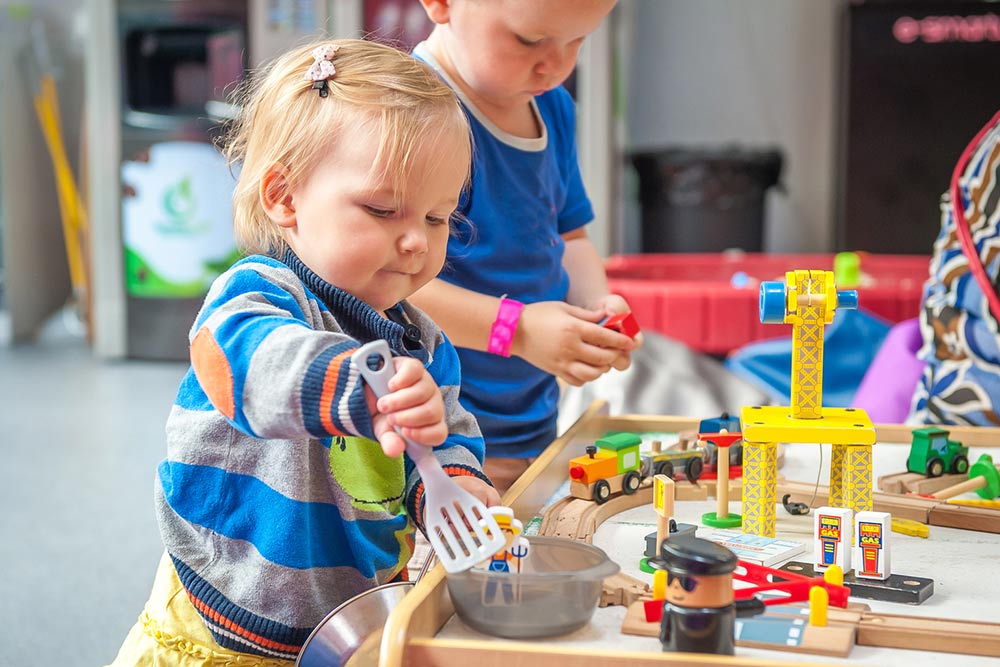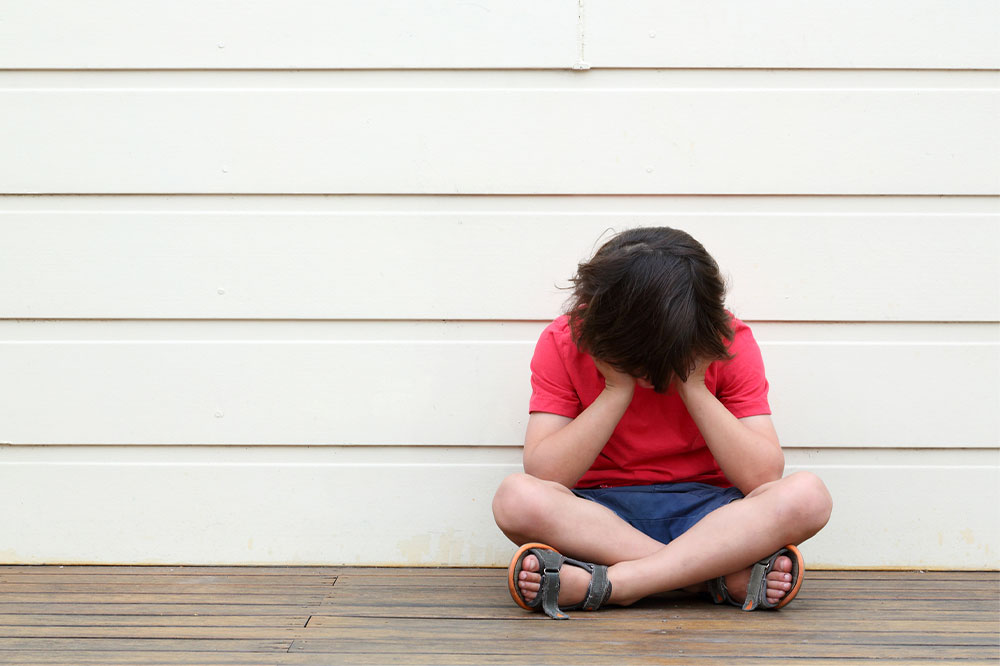9 daycare problems parents should recognize

Working parents often leave their children at daycare so that their children are looked after while they are away. Eventually, daycare begins shaping children’s personalities and becomes a window to their world. Since most families live in a nuclear setup today and both parents step out for work, many daycare centers have emerged. But parents need to be aware of certain common daycare problems before and while the child is enrolled in one.
Many temporary teachers and caregivers
Children tend to form close relationships with their caregivers and teachers at daycare centers, so teachers eventually understand every child’s needs and personality. But, if the teachers are constantly changing, children may not be able to adjust well at the center. So, if there are too many temporary teachers or caregivers or a high turnover of staff members, the daycare center may not be the right one.
Lack of engaging activities
Lack of physical activity or mental stimulation can make a child feel bored and withdrawn from the daycare center. Parents should verify if the daycare center where they enroll their child organizes activities to keep the children engaged. For example, gardening, drawing, and reading are some fun and enriching activities that can occupy children and make them look forward to going to daycare daily.
Caregivers who are too strict, too lenient, or indifferent
Dealing with a toddler can sometimes be challenging, but good caregivers understand what approach they must take for every child. If a caregiver is emotionally withdrawn or indifferent toward children, they may be neglected when their parents are away, which can severely affect their emotional well-being. On the other hand, children tend to be anxious around caregivers who are too strict, while extreme leniency can cause them to turn demanding and disobedient. Parents who send their children to daycare centers should be attuned to any changes in their children’s behavior and constantly interact with caregivers to understand what approach they use while handling their children.
Few or no interactions with parents
Open houses are definitely a must at schools and daycare facilities. Besides these interactions, teachers and caregivers should be approachable to parents and ready to answer any questions they may have regarding different aspects, like studies, meals, safety, and health. Most importantly, caregivers should be genuinely willing to help, and regular parent-teacher interactions reflect their intent.
No license
Licenses are mandatory for all daycare centers to ensure that they follow basic safety regulations. Ideally, daycare facilities should display their license on the premises or hand it over to parents as proof that they are eligible to care for children. But if they do not provide a license, parents should ask for it at the center. Facilities without licenses can pose many problems later, as safety may be compromised.
Excessive use of technology to entertain children
Technology has made education easier and more innovative, but it is also highly addictive, especially for young children. This is where caregivers need to be firm with children and limit their screen time. Electronic devices like laptops and mobile phones should be kept out of their reach after they have used them for some time. There should be alternatives like books and toys to keep them occupied.
An unconducive environment
Children are usually at daycare for a major part of the day, so the daycare environment needs to be conducive and hygienic. For example, caregivers should wear gloves while changing children’s diapers and have sanitizer dispensers at the entrance. Parents should also check the kitchen and bathrooms to ensure they are hygienic and well-maintained. Moreover, the child needs to feel comfortable and secure at daycare – the environment should be stimulating with no potential safety hazards around. Toys, books, and stationery should be easily accessible so that children are engaged and feel at home.
Educators and caregivers who are not well-qualified or experienced
Daycare centers must be licensed, but that’s not the only parameter parents need to consider. They should further investigate whether caregivers and teachers are adequately qualified and experienced in the field of early childhood education and care. No matter how good a caregiver is with children, qualifications and experience are a must.
No fixed schedule or timetable
Even babies and toddlers need some kind of schedule or routine so that they have a definite direction. Without a proper timetable, caregivers may not be able to teach any subject or skill consistently, which can affect their development. So, parents should ask caregivers about the timetable or routine they will follow when the child is enrolled in daycare.
If parents are uncertain about a particular daycare, they must contact the necessary authorities. Even a small sign of misbehavior or improper care should raise the alarm for every parent. Similarly, parents should speak to other parents who have used the daycare facilities to be able to make the right choice. A child should get safety, warmth, care, and knowledge from a daycare center. If any center fails to meet any of these standards, it should serve as a warning to parents that the institute may be dealing with issues and may not be the best option for the child.









